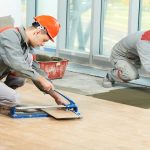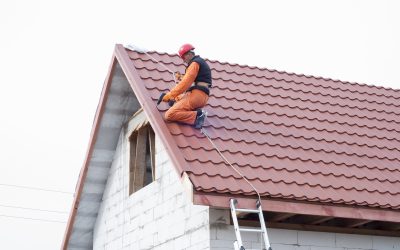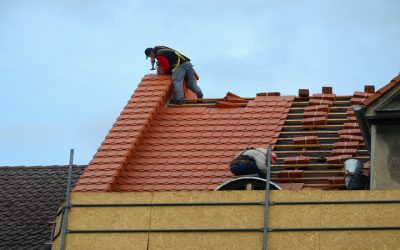A Primer on Construction Fibers and Fabrics
Industrial fabrics are materials that are integrated into other building products. This integration of the fabric into a building substance enables builders to control the properties of the original building product. Examples of such fabrics include yarns, performance fibers, and related chemicals. These materials must be capable of withstanding environmental degradation and fulfilling structural needs.
Industrial fabrics are made from fibers that are transformed into bonded yarns. Natural fibers are constructed from cellulose while synthetic fibers are made from polymers (man-made materials created through chemical reactions).
Why Choose Synthetic Fibers?
Synthetic fibers offer the advantage of increased strength and durability. Such fibers are also produced more cost effectively and cannot absorb water (making the fibers water resistant). Weather resistant and simple to clean, synthetic fibers produce industrial fabrics that are perfect for construction use.
Which Products Feature These Fabrics?
* Pipelines
* Erosion Control Products
* Pavement Reinforcement Products
* Golf Course Products
* Geotextiles
* Sediment Control Products
* Roofing Products
* Lamination Products
* Air Ducts
* And more!
Best Synthetic Fabric for Scrim
Non-woven yarn is the best fabric choice for scrim construction. Such yarn involves multi-patterning and does not block threads from proper placement. Non-woven yarn also better allows for the scrim to better integrate into products. This yarn type is strong and flexible and is perfect for integration into construction products. Whether you are building a roof, preserving a sidewalk, controlling sediment, or producing lamination tools, non-woven scrim (a yarn created via synthetic process) is the perfect fabric for you.
When considering which type of fabric to use for your building project scrum, consider the following:
* Which fabric will most easily integrate with my building project?
* Do I want a strong or a weak yarn?
* What strength properties does my project require?
* How cost-effective do I want my fabric to be?
* How quickly do I need the fabric?
* Will the fabric modify my building product in the way that I need?
Quality for the Cost
These fabrics are a great building investment. You’ll get the fabric for a decent price, and the fabric will be quickly produced. Additionally, the fabric will be strong, flexible, and able to modify the product with which you combine the fabric. For your building needs, look to synthetic fabrics.







